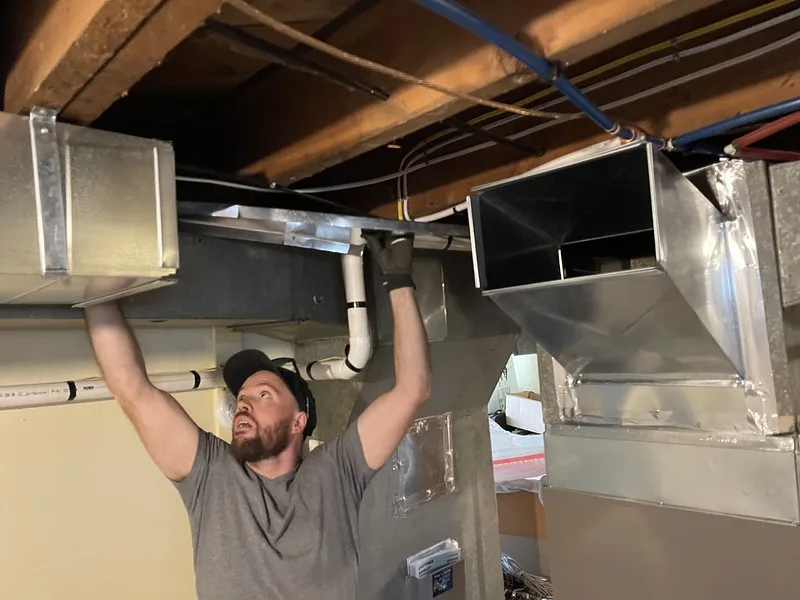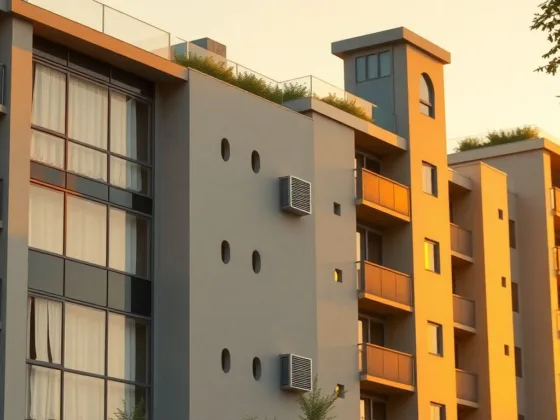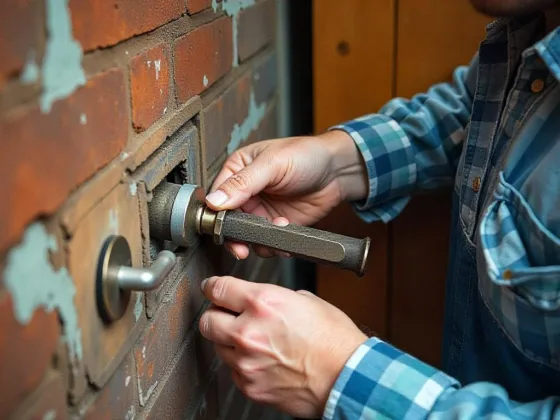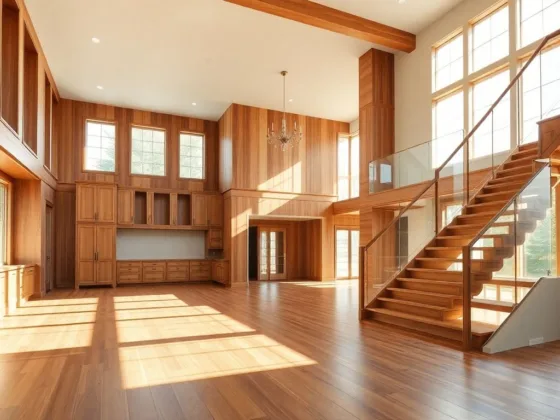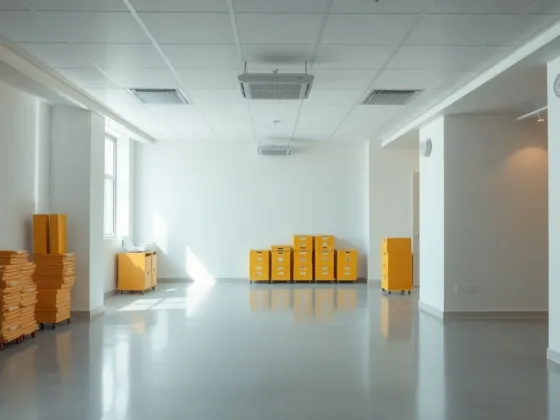Table of Contents Show
In today’s world, where environmental sustainability has become more than just a buzzword, the need for energy-efficient solutions in every aspect of our lives is more pressing than ever.
One significant area where we can make a substantial impact is in the way we heat and cool our homes. Energy-efficient heating and cooling systems offer numerous benefits, not only to our wallets but also to the environment.
Let’s explore how these advanced systems contribute to a greener planet and why it’s time to consider making the switch when installing air conditioning and heating.
Lower Energy Consumption
One of the most straightforward benefits of energy-efficient heating and cooling systems is their ability to reduce energy consumption. Traditional HVAC systems often operate at fixed speeds and capacities, consuming more energy than necessary.
In contrast, modern energy-efficient units use advanced technology to adjust their output based on the current need – this means less wasted energy, resulting in lower utility bills and a smaller carbon footprint.
Reduced Greenhouse Gas Emissions
Heating and cooling account for a significant portion of greenhouse gas emissions in residential and commercial buildings. By installing energy-efficient systems, we can significantly cut down on these emissions.
Energy-efficient HVAC systems are designed to use less power and, consequently, reduce the amount of carbon dioxide and other harmful gases released into the atmosphere. This reduction in greenhouse gases helps mitigate climate change and promotes a healthier environment.
Enhanced Indoor Air Quality
Energy-efficient heating and cooling systems often come equipped with superior filtration and ventilation capabilities. These features help to improve indoor air quality by reducing pollutants, allergens, and humidity levels.
Better air quality not only creates a more comfortable living environment but also reduces the strain on natural resources by minimising the need for additional cleaning and maintenance.
Longevity and Reduced Waste
Modern energy-efficient HVAC systems are built to last longer than their traditional counterparts. Their advanced technology and superior build quality mean fewer breakdowns and repairs.
This longevity reduces the frequency of replacements, leading to less waste and a smaller environmental impact from manufacturing and disposing of old units.
Smart Technology Integration
Energy-efficient systems often integrate with smart home technology, allowing for more precise control over heating and cooling. Smart thermostats and sensors enable homeowners to optimise their energy use, further reducing unnecessary consumption.
By only heating or cooling spaces when needed, these smart systems help conserve energy and lower overall environmental impact.
Supporting Renewable Energy Sources
Many energy-efficient heating and cooling systems are designed to be compatible with renewable energy sources like solar or wind power. By integrating these systems with renewable energy, we can further reduce our reliance on fossil fuels. This not only helps in lowering greenhouse gas emissions but also promotes the use of sustainable energy solutions.
The Environmental Benefits of Energy-efficient Heating and Cooling Systems Are Clear
By lowering energy consumption, reducing greenhouse gas emissions, enhancing indoor air quality, and supporting renewable energy sources, these systems play a crucial role in protecting our planet. As we continue to seek ways to live more sustainably, upgrading to energy-efficient HVAC systems is a significant step in the right direction.
